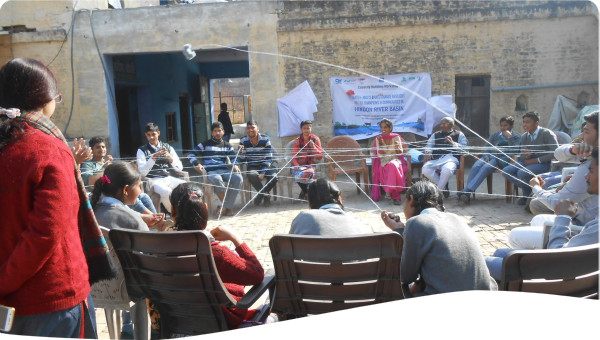Differences in stakeholders' perceptions, lack of commitment, unused knowledge, and interfering, ineffective, measures are just some of the problems encountered in sustainable urban development projects. Collaborative decision making approaches tackle these problems by creating a shared understanding of the problems faced and of ways to address them. The authors explore how the combined application of two techniques, a decision-support tool and a simulation game, can support decision making for sustainable urban development. The techniques are applied in decision-making for real and in fictional sustainable urban renewal projects. Benefits and challenges of this combined approach are discussed based on experiences in seven applications. The main finding is that the use of the decision-support tool combined with the simulation–gaming procedure can support agenda setting and help create a shared understanding of problems and potential solutions in the field of sustainable urban renewal.
Description / Abstract
Publication year
Thematic Tagging
English
 Resource -
Resource -
